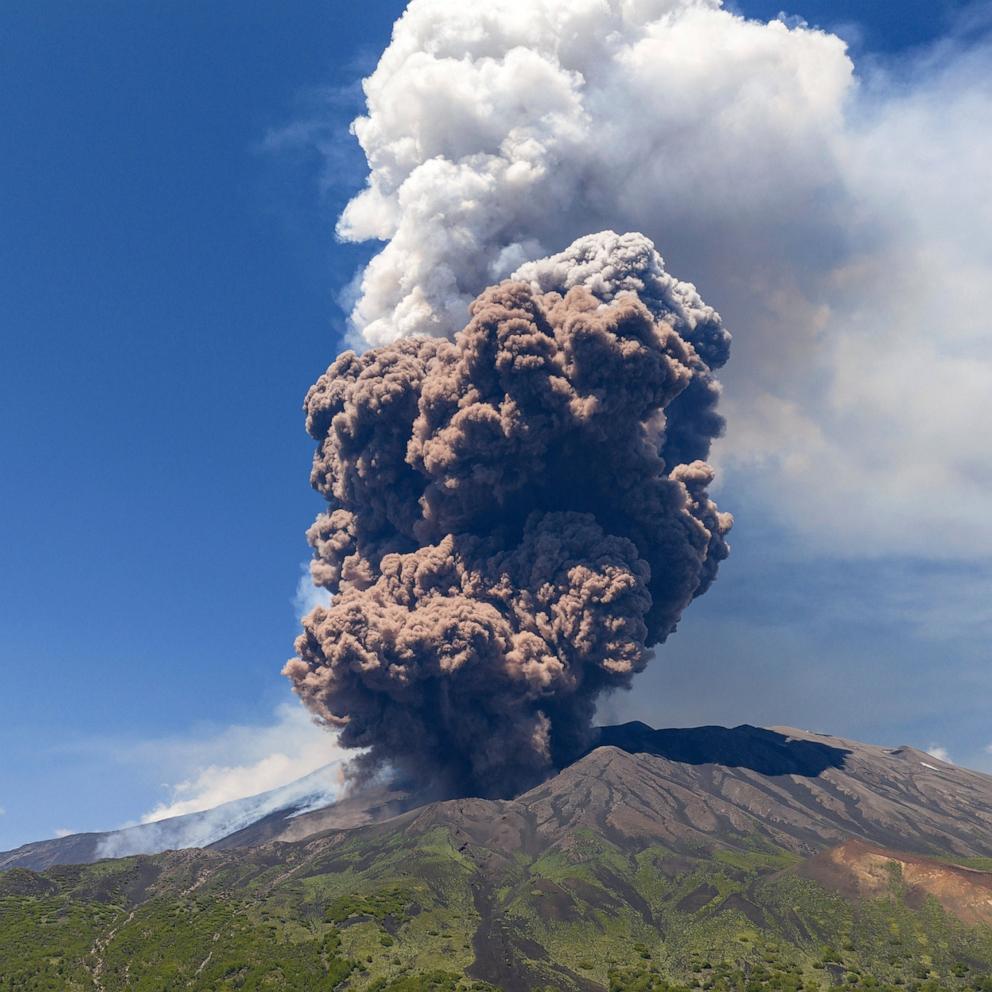New dinosaur species related to T. Rex discovered
Paleontologists have discovered a new species of dinosaur that was related to the infamous Tyrannosaurus rex.
The dino fossils, two partial skeletons found in Gobi Desert in Mongolia in the 1970s, were recently reanalyzed after Jared Voris, a Ph.D student in the Department of Earth Energy and Environment at the University of Calgary, noticed them during a trip to Mongolia in 2023.
A Mongolian paleontologist initially attributed the fossils to a meat-eating dinosaur called electrosaurus, Darla Zelenitsky, an associate professor in the Faculty of Science at the University of Calgary, told ABC News.
The fossils had not been "seriously" looked at that since then, she noted.

But when Voris noticed them in a glass case at the Central Museum of Dinosaurs of Mongolia, he realized they had characteristics never before seen in a Tyrannosaurus species, he said. The skull, for instance, contained an air cavity near the nose. Large apex predators tend to have "completely solid" nose bonds, according to Voris. The way the toe bones attached to the rest of the leg was also different, Voris said.
"We had recognized that this was something completely different," Voris said.
The fossils were determined to belong to a new tyrannosaurid species after reexamination by the researchers, according to paper published Wednesday in Nature.
The new species, named Khankhuuluu mongoliensis, is a "relatively small" Tyrannosaur, Zelenitsky said. The specimen was likely about 1,700 pounds and 13 feet in length, making it an agile runner, Zelenitsky said.


The specimen was an immediate relative of the Eutyrannosaurias, which originated in North America and included T. rex, the researchers said.
It was also a close ancestor to the "massive, deep-snouted" Tyrannosaurini, as well as the much smaller and shallow-snouted Alioramini, according to researchers.
The discovery sheds new light on the evolution of the tyrannosaur species and dispersal patterns in the late Cretaceous period.
The new species is the "missing link" between the smaller Tyrannosaurs and massive apex predators like T. rex, which weighed up to 10,000 pounds, Zelenitsky said.




